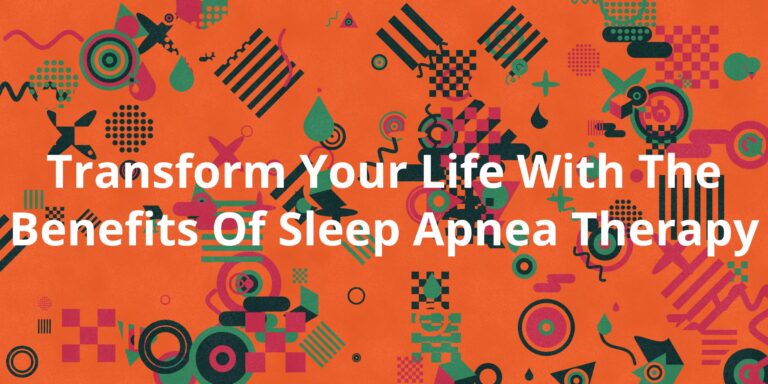Sleep apnea is a common sleep disorder that affects millions of people worldwide. It is characterized by brief periods of interrupted breathing during sleep, which can result in feelings of fatigue and difficulty concentrating during the day. However, the effects of sleep apnea go beyond just feeling tired and groggy. In fact, sleep apnea is associated with a range of serious health problems, including an increased risk of heart disease, stroke, diabetes, and even some forms of cancer.
One of the hidden dangers of sleep apnea is its impact on mental health. Studies have shown that people with sleep apnea are more likely to experience symptoms of depression, anxiety, and other mood disorders. This is because sleep plays a crucial role in regulating our emotions and helping us cope with stress. When we don’t get enough restful sleep, our brains become less able to process emotions, leading to feelings of irritability, frustration, and hopelessness.
In addition to its effects on mood, sleep apnea can also impact cognitive function. Research has shown that people with sleep apnea are more likely to experience problems with memory, attention, and decision-making. This is because sleep helps to consolidate memories and clear out waste products from the brain. When we don’t get enough restful sleep, our brains become less able to perform these functions, leading to difficulties with learning and problem-solving.
Another hidden danger of sleep apnea is its impact on relationships. People with sleep apnea may struggle to communicate effectively or be patient with others, leading to conflicts and tension in their personal lives. Additionally, the fatigue and irritability that can result from sleep apnea can make it difficult for people to maintain positive relationships with friends, family members, and coworkers.
Despite these risks, many people with sleep apnea do not seek treatment. This is largely due to a lack of awareness about the condition and its potential consequences. However, there are many treatments available for sleep apnea, including continuous positive airway pressure (CPAP) therapy, weight loss, and positional therapy. These treatments can help to reduce or eliminate symptoms and improve overall health and well-being.
In conclusion, sleep apnea is a serious condition that can have far-reaching effects on both physical and mental health. It is important for anyone who suspects they may have sleep apnea to seek treatment and prioritize restful sleep as a way to promote overall well-being and prevent the hidden dangers of this condition from becoming a nightmare.



